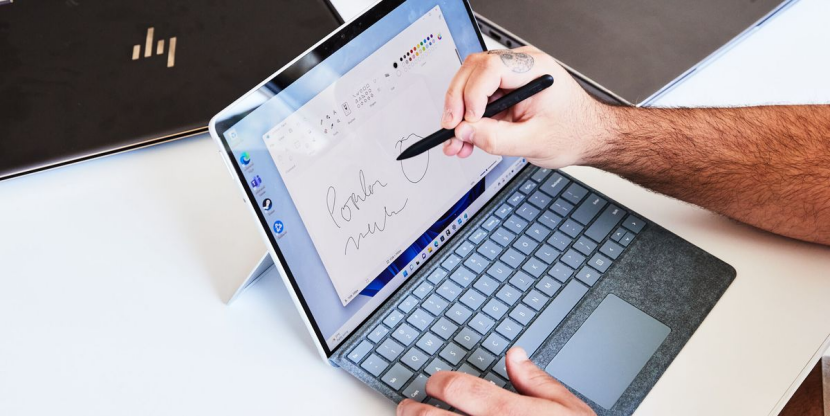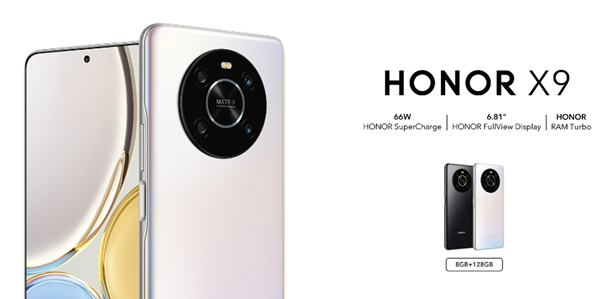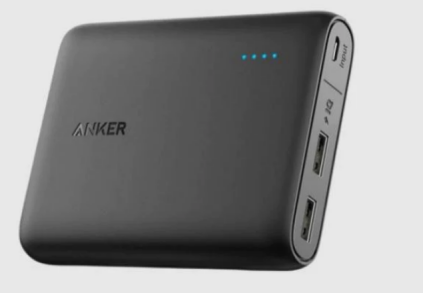What Makes the Best Charger for Your MacBook?
Choosing the right MacBook charger is crucial if you want to make sure your device keeps running smoothly and effectively. Given the abundance of options available for purchase, selecting a charger that meets the specifications of your MacBook may seem challenging. This post will highlight common mistakes to avoid when making your purchase, explain why it is so important to buy the right MacBook charger, and provide you with a guide to the key features to look for in one.
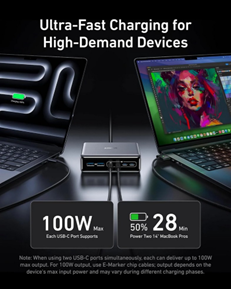
Key Features of a MacBook Charger
Power Output and Wattage
The quantity of power generated and the wattage of a MacBook charger influence how efficiently it can charge your device. MacBooks' power consumption varies depending on the model. For example, the MacBook Air typically uses 30 watts, but the MacBook Pro may require anywhere between 61 and 96 watts, depending on the model. When you choose a charger with the suitable wattage, you can be confident that your MacBook will charge at the fastest possible rate without overloading the system or causing overheating issues. You must constantly ensure that your MacBook's specs correspond to the right wattage.
Compatibility with Different MacBook Models
Depending on your MacBook model, the charger may or may not be compatible. It is critical to ensure that the charger you select is compatible with the specific model of MacBook you own. Newer MacBook Pro models may require USB-C chargers, whilst older ones may require MagSafe chargers. Although certain third-party chargers may be compatible with a variety of models, it is critical to ensure that they meet voltage and connection compatibility standards. Using a charger that is incompatible with your MacBook may cause the device to malfunction or be damaged.
Charging Speed and Efficiency
Two of the most crucial factors to take into account when choosing the best charger for your MacBook are charging efficiency and speed. If you select a charger with a greater wattage rating, you might be able to shorten the time it takes for your MacBook to charge. Efficiency is also influenced by how well the charger converts electricity into power. Both the longevity of your MacBook's battery and your power costs are impacted by this efficiency. Reputable chargers ensure that your MacBook will be charged rapidly and effectively without endangering its security.
Why is the Right Charger Important for Your MacBook?
Avoiding Damage to Your MacBook
If you use an improper charger, you risk severely damaging your MacBook's charging port or internal components. If your MacBook is overheating, it is conceivable that the cause is an incompatible charger or incorrect wattage. If this is the case, the circuits in your MacBook may have burned out. In some cases, using a low-quality charger might result in a short circuit, causing permanent harm to your device. To prevent causing unnecessary harm, always ensure that the charger you use meets your MacBook's requirements.
Ensuring Fast and Safe Charging
One of the most important factors to take into account when choosing a charger is whether it can securely and swiftly charge your smartphone. Using a proper charger that gives your MacBook the right voltage will allow it to charge quickly without risking overheating. Using chargers that are not manufactured by the manufacturer increases the danger of electrical hazards since they lack some of the necessary safety precautions. You should only use approved and reliable chargers to ensure that your MacBook is charged quickly and securely.
Maximizing Battery Health and Longevity
Additionally, using the right charger will help to maintain the longevity and health of your MacBook's battery. The battery is shielded from excessive stress by using a charger that delivers the right voltage, which reduces early wear and tear and the likelihood of the battery degrading over time. Furthermore, low-quality chargers have the potential to harm internal battery cells over time, reducing battery life and performance. It is crucial to charge your MacBook properly if you want to be certain that it will function for many years to come.
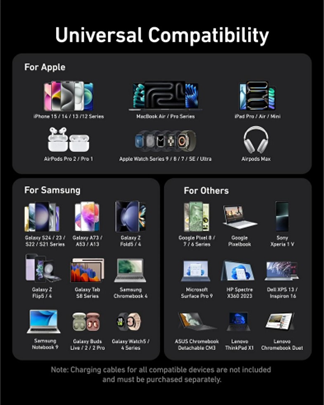
Common Mistakes to Avoid When Buying a MacBook Charger
Ignoring Compatibility Specifications
One of the most common mistakes people make when buying a MacBook charger is not considering the compatibility criteria. Checking the wattage, connection type, and voltage is crucial when it comes to your MacBook. Failing to do so puts you at risk of choosing the wrong charger, which might lead to slow charging or, in the worst situation, damage to your MacBook. It is crucial to review the charger's specifications before making a purchase.
Choosing Cheap, Unreliable Brands
Although it may be tempting to choose organizations that offer reduced pricing and unclear quality, doing so typically carries significant risks. It is conceivable that these chargers lack the necessary safety certifications or are unable to consistently deliver the same amount of power. This can result in slower charging speeds, battery damage, and even fire threats. To ensure quality and safety, use only certified goods from well-known and reputable producers.
Overlooking Safety Certifications
Safety certifications are crucial when selecting a mac charger. Chargers that have undergone testing and been found to be safe for use are known as certified chargers. They meet the necessary requirements and are safe for both you and your device. Chargers that have not received approval may lack the necessary safety features, such as short circuit prevention and protection against overvoltage. In order to guarantee a reliable and secure charging experience, make sure to check if a charger has certifications like UL or CE before making a purchase.
Conclusion
Choosing the right charger for your MacBook isn't only a matter of convenience; it's critical for the device's performance, durability, and security. Think about things like power, compatibility, and safety certifications to make sure your MacBook is safe when charging. If you avoid common mistakes like not checking for compatibility or going with low-quality, untrustworthy brands, you may extend the life of your equipment.




